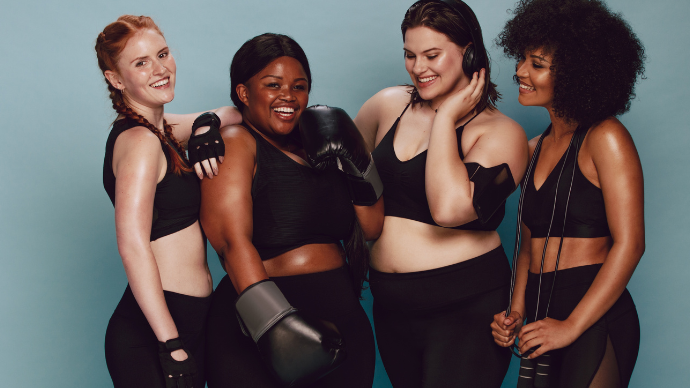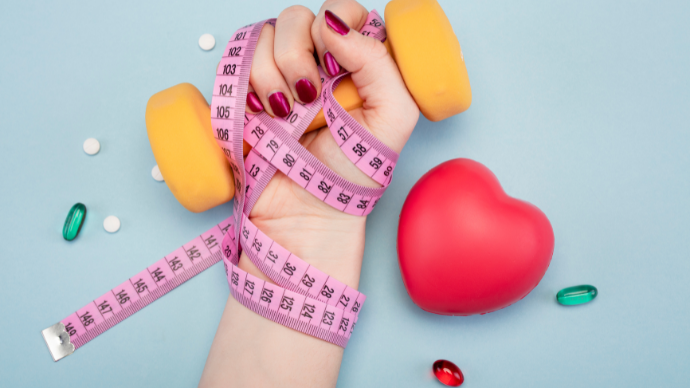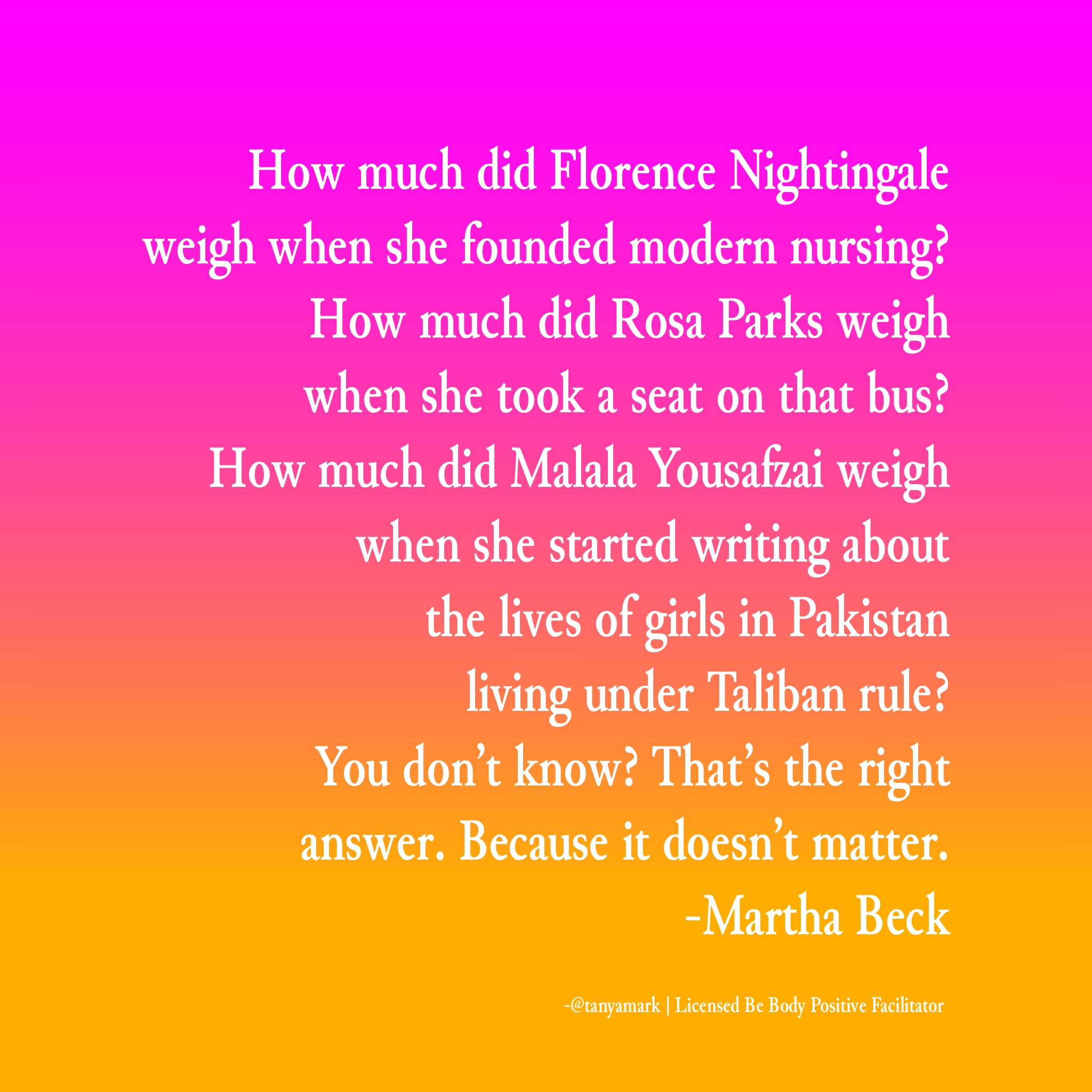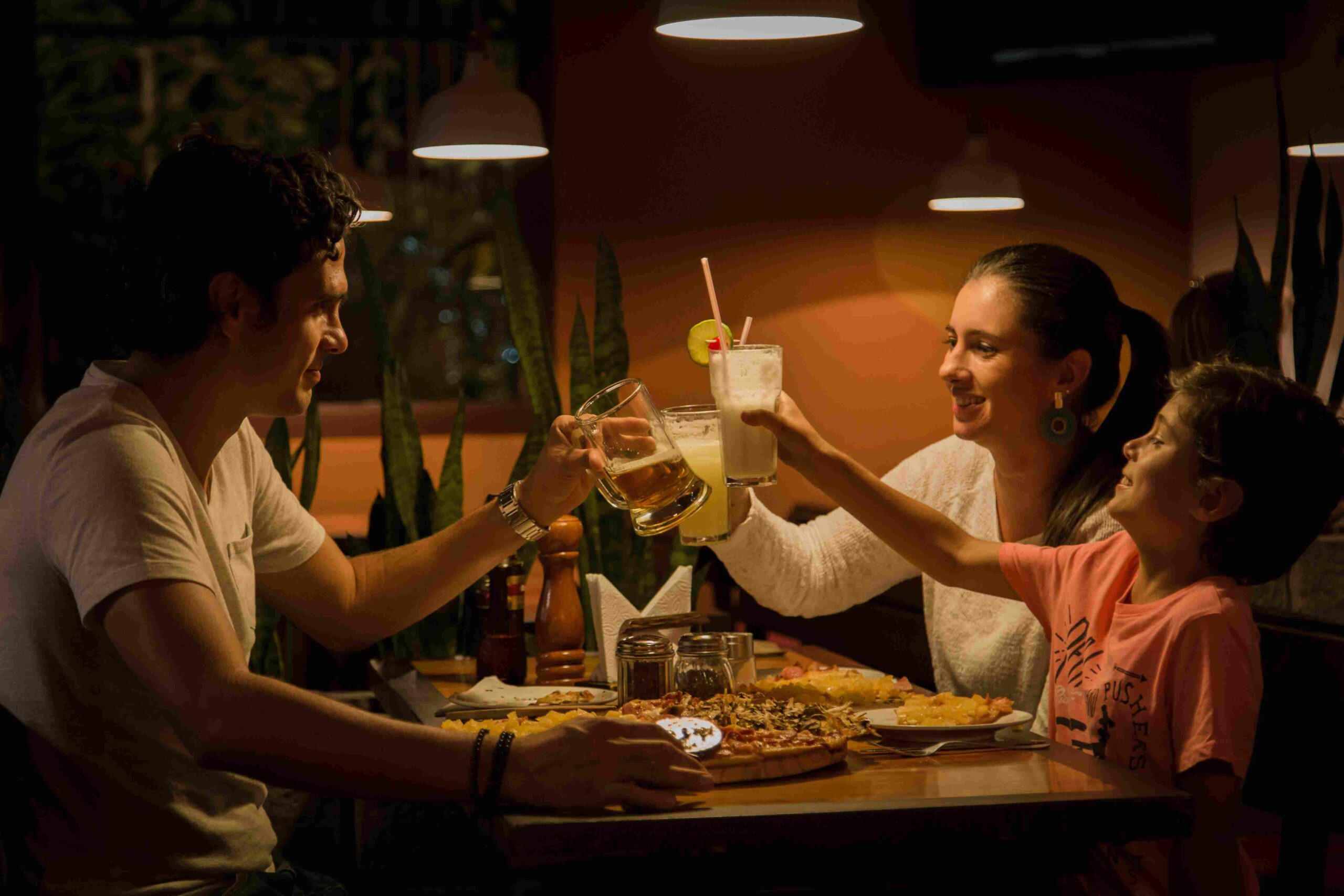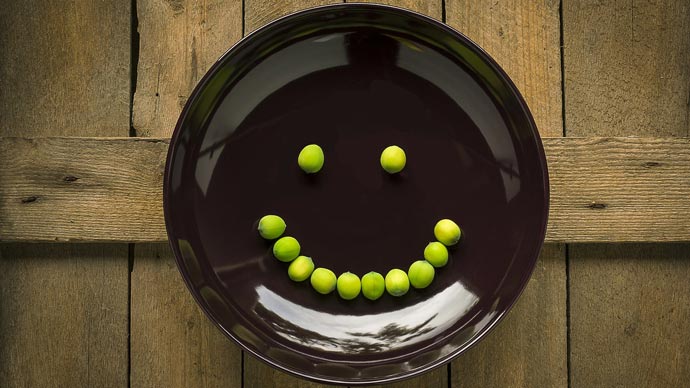Your body is not a billboard for your health. Your body is your home.” — Amy Pershing, founder of Bodywise
When we look at our health and bodies from this perspective, we can make room for self-compassion, tolerance and patience. Yet American culture focuses the lens on our physical appearance, convincing us that our health is defined by our size or shape. This is a distorted idea of health.
We need to zoom out. We need to widen the lens and look deeper into an evolved definition of health. We can’t assume someone’s health status, abilities or goals based on the size or shape of her body.
“Fit bodies don’t necessarily tell the story of a healthy person, nor do (larger) bodies tell the story of a lazy person,” wrote Erin Brown, an author for Girls Gone Strong, a body-positive health-and-fitness website focused on female empowerment. “You can’t know everything about a person’s behavior or life by simply looking at her body.”
No ideal shape or size
Healthism — a preoccupation with health as a primary achievement of well-being, as first defined by political economist Robert Crawford — emphasizes personal responsibility while ignoring important social determinants of health. In a world steeped in dieting culture and healthism, it can be assumed that many people have already been trying to change their eating habits (maybe for years), and their inability to sustain such changes has resulted in feelings of shame and self-doubt.
Thus, trying to maintain or attain a body that culture portrays as healthy may take us further away from health.
The truth: We’re not all meant to be some “ideal” size or shape. If we all ate exactly the same way and had identical exercise regiments we would still look vastly different from one another.
Body diversity is part of what makes us human.
“The body is our home, our temple. Just as everyone’s literal home looks different so does everyone’s body and that is something to be celebrated and respected. If we can cultivate inner peace and a feeling of home within, then we can take that with us everywhere rather than looking to external sources to feel comfortable, welcome and at home.”
– Ariel Mann, Yoga Instructor
Widen the lens, redefine health
What does an evolved definition of health look like?
Health is mental, physical, emotional and spiritual well-being. It’s about nourishing your whole self, looking through a wider lens from a whole human being perspective, not just your physical body. It encourages us to honor our deepest self and empowers us to see our truth. Health exists on a continuum that varies with time and circumstance for each individual.
And one thing that health doesn’t define: your self-worth.
Factors that affect our health include: genetics, environment, life experiences, access to health care, socioeconomic status, culture, trauma, illness, age, community, education, social support, sleep, spirituality, stress level, stigma, self-esteem, safety, self-care routine, employment and job security, physical activity, mental health, relationship with food, body and self, individual thoughts, feelings, beliefs, happiness, relationships, connection, sense of purpose … you see where I’m going here.
So how can we honor true health?
One way is to speak our authentic truth, to tell our stories and to express our experiences as a human being. We often struggle to speak openly about what we are really experiencing in our lives and what’s really affecting our health. When we focus on weight, thinking we need to change the size and shape of our body, our lens focuses on food and exercise — a very narrow view.
When we widen the lens we see all the things that impact health.
Perhaps you’ve been through a divorce. Maybe you’ve experienced an illness, injury, death in the family or a traumatic life experience. Yet somehow your body is the problem? We need to reinforce the complexity of the human experience instead of reinforcing health as the pinnacle of success and happiness.
Last month I read an article in The New York Times, “Why Your Cardiologist Should Ask Your About Your Love Life,” in which cardiologist Sandeep Jauhar describes research suggesting diet and exercise alone are not enough to roll back heart disease.
“It is increasingly clear that our hearts are sensitive to our emotional system — to the metaphorical heart, if you will. Doctors like myself are trained to think of the heart as a machine that we can manipulate with the tools of modern medicine,” Jauhar wrote. “Those manipulations, however, must be accompanied by greater attention to the emotional life that the heart, for so many years, was believed to contain.”
But what are we told by experts to do when our health is poor? Exercise more. Eat better.
While certainly these can be healthy strategies, we need to look at our health from a whole human being perspective. It’s time for a paradigm shift for health. Let’s widen the focus of the lens and see ourselves as more than our physical bodies.
You can decide what health means to you. Redefine health. Your size and shape doesn’t define your health.
(This article was published in the October 31, 2018 Jackson Hole News and Guide).


